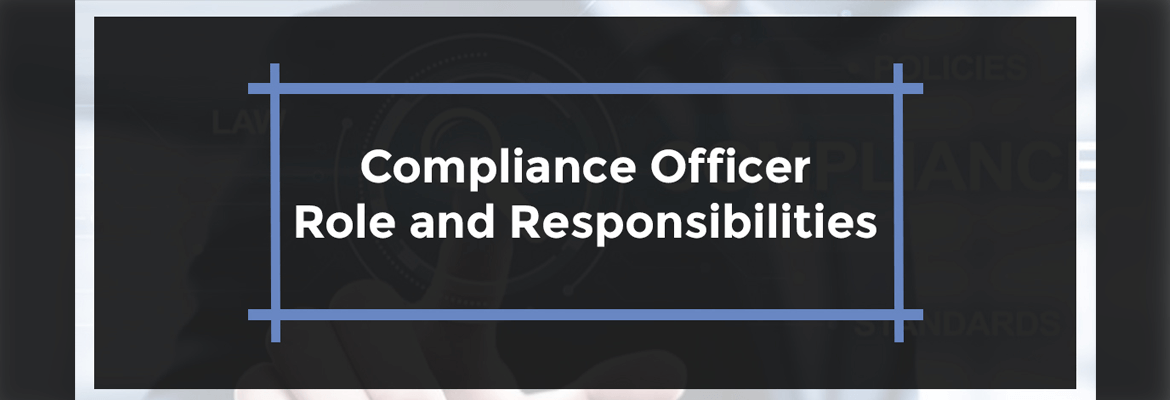Who is a Compliance Officer?
A Compliance Officer is a senior employee of the company, who ensures that the company is in compliance with all laws and regulations that are applicable to it. A Compliance Officer must have a thorough knowledge of the company, and its business(es), and a clear understanding of the areas where there is a possibility of a regulatory breach.
A Compliance officer’s role includes
- Ensuring that the company is aware of all the laws and regulations that are applicable to it.
- Creating proper processes and procedures to ensure compliance with each of them.
- Creating awareness about compliance within the organisation. For this, he/she should regularly organise/ conduct training programmes
- Developing necessary procedures for employees to seek permissions etc, when required, and to enable employees to comply with laws applicable to their area of work.
- Periodically reviewing policies and procedures.
- Ensuring that there are adequate internal controls to ensure compliance, and manage/ mitigate regulatory risks. He/She could seek the help of the Internal Audit team for this.
- Regularly communicating within the organisation regarding changes, if any, in-laws and regulations.
- Working with business units and management, to ensure appropriate contingency plans are in place, in the event of a possible compliance breach.
Whom does a Compliance Officer report to?
Ensuring compliance is one of the primary roles of the Board. The Compliance Officer reports to the Board on the status of compliance within the company. Also, as a management person, he/she reports to the CEO/ Managing Director of the company.
Compliance Officer and Company Secretary – Can it be one person?
In many organisations, both functions are discharged by a Company Secretary. As there is an overlap in duties between the two roles, many organisations have the same person manning the two positions. However, there are some organisations, such as banks, who appoint a separate individual as a compliance officer, consistent with its significance in the bank.
With compliance becoming increasingly more important, the role of the Compliance Officer has become centre stage. The responsibility of a Compliance Officer is not only to ensure compliance within the organisation but also to ensure that there are proper processes to ensure compliance.

